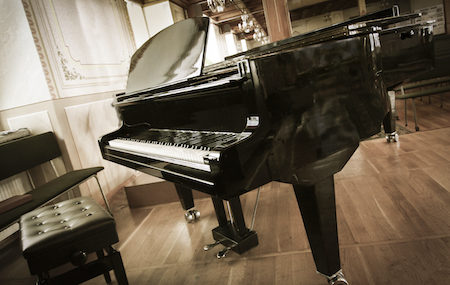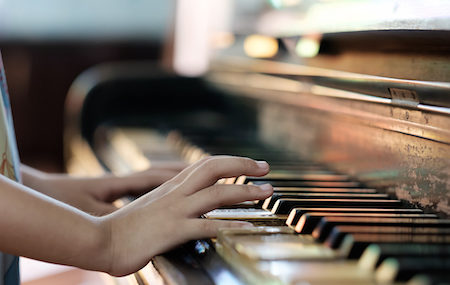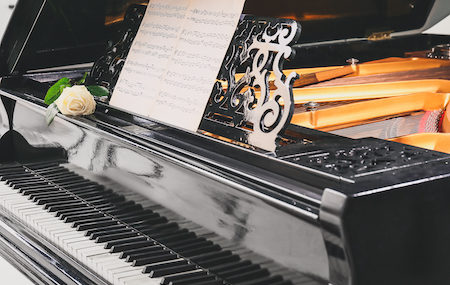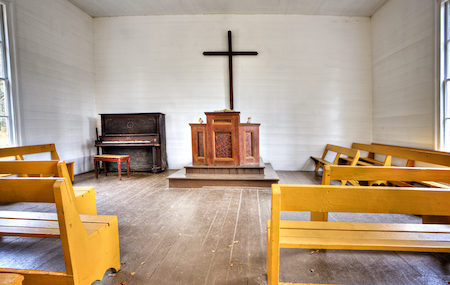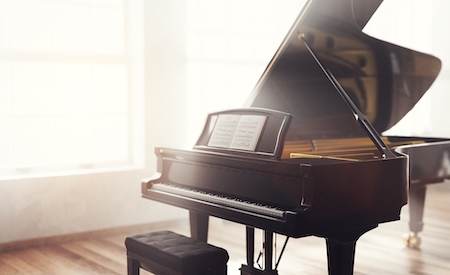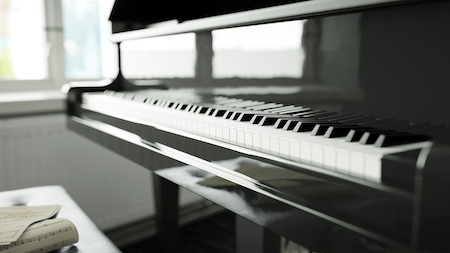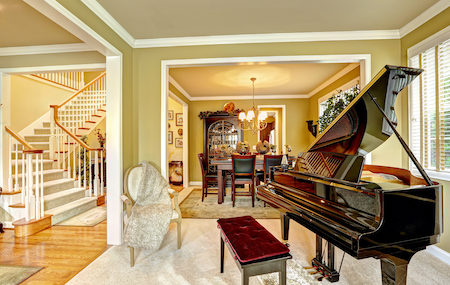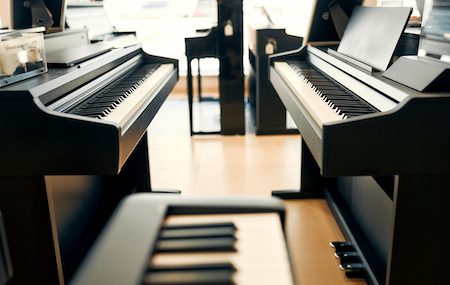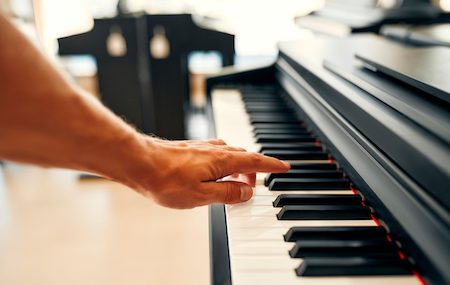Want to play the piano? The first thing you’ll have to do is invest in a piano. But for some people, that’s the tricky part. Where do you go? Who do you trust? How much should you pay?
Would it surprise you to learn that a piano dealer is the best place to begin?
That’s because piano dealers have years of experience in the industry. They’ve worked with new pianos, old pianos, antique pianos, digital pianos, and restored pianos.
If you have a question, chances are a piano dealer has the answer.
Still, some people search online for a “deal.” Many of these “searchers” wind up with a “deal” that isn’t very good. If you’re just starting the looking process, we have some advice for you.
Expert Advice and Guidance
One of the primary advantages of working with a piano dealer is their wealth of knowledge and expertise in the field. A reputable dealer will take the time to understand your specific needs, preferences, and budget. This allows them to dig deep into discovering what you really want, then be able to tailor their suggestions to meet your requirements.
Wide Selection and Quality Assurance
Piano dealers have an extensive inventory of pianos, ranging from brand-new instruments to used and refurbished ones. This wide selection allows you to explore your options and compare different models, brands, sizes, and prices, all under one roof. Moreover, a reputable dealer ensures that the instruments they offer are of the highest quality. They thoroughly inspect and evaluate each piano, ensuring it meets their strict standards before making it available for sale. This quality assurance gives you peace of mind and ensures you invest in a reliable and well-maintained instrument.
Negotiating Power and Pricing
Piano dealers often have established relationships with manufacturers, distributors, and other dealers in the industry. This network enables them to negotiate better prices and exclusive deals on your behalf. They have in-depth knowledge of market trends, pricing structures, and fair values, ensuring you receive the best possible price for whichever piano you choose.
Additionally, piano dealers may have access to special promotions, discounts, or financing options that are not readily available to the general public. By leveraging their expertise and connections, a piano dealer can help you score a great deal that fits within your budget.
After-Sales Service and Support
Choosing a piano dealer extends beyond the initial purchase. Reputable dealers offer comprehensive after-sales service and support to ensure long-term satisfaction with your purchase. Piano dealers often provide delivery, professional setup, and tuning services, ensuring that your piano is in optimal condition once it reaches your home.
Additionally, dealers offer warranty packages and maintenance plans, allowing you to protect your investment and address any future issues that may arise. This ongoing support is crucial for the longevity and performance of your piano.
Are you ready to talk to a piano dealer?
Investing in a piano is a significant decision, no matter what piano you’re considering. By working with a trusted piano dealer, you can make the entire process smoother and more rewarding.
Whether you are a seasoned pianist or a beginner looking to embark on a musical journey, consider seeking the assistance of a piano dealer. With their expertise and resources, you can confidently navigate the world of pianos and score a remarkable deal that brings joy and inspiration for years to come.
